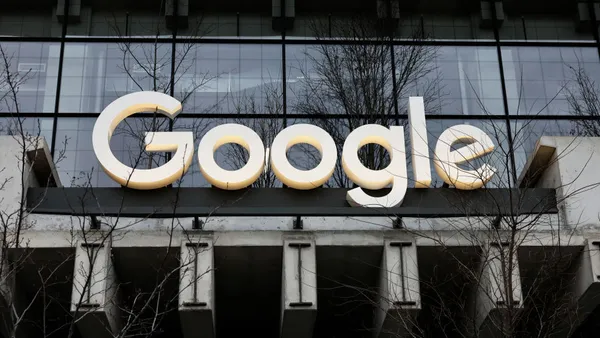Criteo said this week that it completed its previously announced acquisition of Iponweb. The final price tag was $250 million, which is $130 million less than had been projected at the end of 2021, when the deal was in its initial stages.
The acquisition brings with it Iponweb’s media-trading marketplace, demand-side platform and supply-side platform, enabling Criteo to ramp up its commerce media strategy and provide easier management of first-party data.
“Together with Iponweb, we expect to have significant scale and differentiated first-party data capabilities to meet the fast-growing demand for commerce and retail media solutions on the open internet,” said Criteo CEO Megan Clarken in a statement.
Criteo this week also reported that its Q2 2022 revenue totaled $495 million, down 10% year-over year.
While interest in retail media and first-party data is at a high level these days as firms prepare for a post-cookie future, the digital marketing landscape has changed since the Criteo-Iponweb deal was first announced.
The initial agreement to buy the company was made before Russia invaded Ukraine in late February. The invasion saw a mass exodus of business from Russia, with many companies such as Procter & Gamble and General Mills suspending all advertising in the country amid growing consumer outrage.
Completion of the deal was thrown into jeopardy in early March, just a few days before it was set to close, as sanctions against Russia grew, according to Business Insider. Iponweb, while founded in the United Kingdom by Russian-born Boris Mouzykantskii, had the majority of its engineering team based in Russia. However, by mid-March, Iponweb announced it would wind down its Russian operation and support employee relocation, largely to Germany.
The price cut for the Criteo acquisition came after customary price adjustments, along with the exclusion of Iponweb’s Russian subsidiary from the deal.
The acquisition was finalized Aug. 1, just days after Google once again delayed its deprecation of third-party cookies, this time until 2024. However, the digital marketing industry continues to work toward a cookie-free future.















